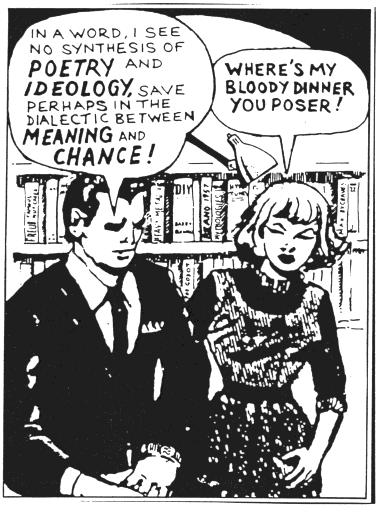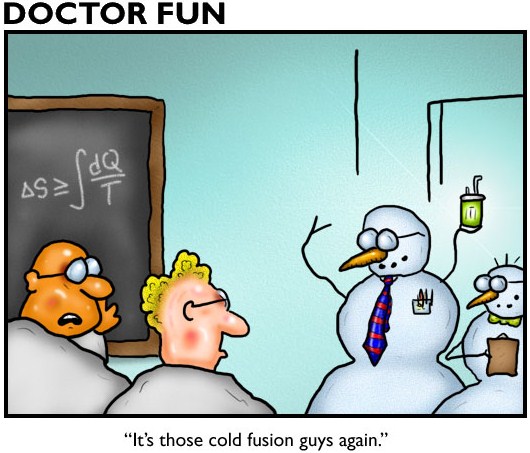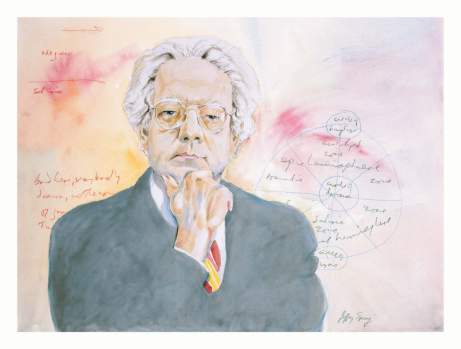
Responding to Michael Sinding:
Your points are well taken, Michael. And it is true that in the comparatively small Frye community, it is easy enough to find a measure of regret about how things have spun out over the last 30 years or so. Speaking for myself, I was an undergrad when the revolution was fully under way, and I watched as it swept everything out of its path in very short order by appealing to the worst in the academic character, especially the sense of superiority and entitlement. When I returned years later as a grad student, it was easy to see what had been lost and at what cost. In your post you describe what sound like small gains — the return of a measure of sanity here and there in an intellectual landscape that has been otherwise ravaged (as you put it at one point, by people who were “brilliant” but “wrong”). The result is that it’s almost like we are called upon to rediscover fire and reinvent the wheel. It’s not that there are no good ideas out there, it’s that they do not really compensate for the bad ones that have caused a whole generation of scholars to behave as though, if not actually believe that, literature has no value in itself. That’s always what set Frye apart: his sure understanding that literature is autonomous and possesses its own unique authority — and, yeah, that authority is “timeless” in the sense that it is constant, even as the literary imagination omnivorously reprocesses whatever cultural, sociological, ideological and historical phenomena that confront it. I can’t think of anyone else who comes close to asserting as much so consistently, let alone expressing it comprehensively in an extended body of work.
One last point: Frye was not merely superseded during the post-structuralist realignment, he was pushed aside with what can only be taken as shows of bad faith through misreading and misrepresentation. Russell Perkin’s citation yesterday of Frye’s note to Bob Denham on the enumerative bibliography illustrates the point nicely. Frye, of course, saw what was going on and often seemed baffled by it, as though he believed that at any moment people would regain their senses. In one of the late notebooks, he wonders with uncharacteristic despair, “Why am I so revered but so ignored?” Why indeed? Frye was a much more revolutionary literary theorist than any who succeeded him because, unlike them, he drew upon the authority of literature itself, knowing that the literary is primary and other verbal structures are secondary derivations. Like the derivative “instruments” that almost collapsed the financial system last year, the derivative “discourse” of the last generation has denied the public its birthright: the responsible management of an imaginative heritage that not only confronts social injustice in unmistakable terms but empowers us to overcome it. We need only accept the invitation our shared heritage extends, and to do that we have to recognize the nature of the invitation being offered. Frye was able to do this — and able to express it in a way that inspires others, as Bob’s post of student testimonials today suggests. As it turned out, not many other theorists could do the same, and what they couldn’t do became the basis of what literary scholarship was subsequently obliged to do.


